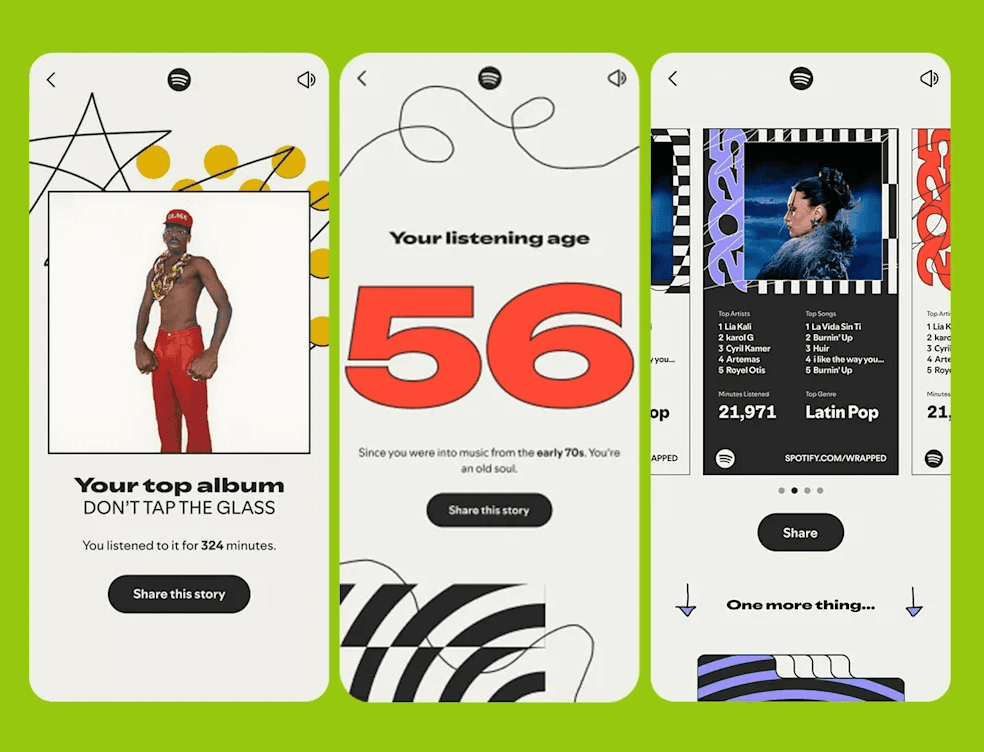Brontë, But Make It Brat
Sep 11, 2025
The first trailer and poster for Emerald Fennell’s Wuthering Heights (starring Margot Robbie and Jacob Elordi) dropped on Sept 3rd, and the internet had immediate feelings. Between fandom debates, Charli’s music cues, and a Valentine’s release date, it’s a great case study in how controversy isn’t a side effect of modern marketing – it’s the whole point.
Here are 5 things we want to call out about the campaign so far:
Canon vs. Clout: Book purists are questioning the casting and Elordi’s punk-goth Heathcliff—complete with mutton chops and a gold tooth—has already sparked a wave of fan art and side-eyed memes, while book purists argue it betrays Brontë’s original vision. The question now: will this kind of controversy draw more people into theaters, or turn die-hard readers it’s meant to seduce against it?
The Matcha Dubai Chocolate Labubu of Film: Charli XCX’s track infused the trailer’s vibe with a brat-y modern take on a 19th-century love story. Suddenly, we’re in brat-gothic meme land…music casting just became culture casting.
The Trailer is Unapologetically Horny: Lots of moody fog, panting, storm-swept lust…TikTok called it “Bridgerton on the moors.” Critics say it’s overcooked; fans say you need to unclench. One thing is certain: overtly sexual marketing seems to be making a comeback (see: Sabrina Carpenter, American Eagle, among others)
Chaos by Design: Duets range from “WTF is going on here?” to full breakdowns of Heathcliff’s cruelty. Love it or drag it, the algorithm is rewarding chaos.
Self-Aware Marketing: A Valentine’s release for the messiest love story ever, poster homages to Gone with the Wind, giant OOH drops. It’s not subtle: it’s trolling prestige expectations. They even put the title of the film in quotation marks on the poster as if to nod to the self-aware fact that this isn’t the Wuthering Heights you read in High School.
Whether you see it as a betrayal of Brontë or a Braty pop-goth remix, this campaign proves one thing: conversation equals currency and algorithmic influence. The lesson for marketers isn’t just about what audiences love, but increasingly also about how strongly they’re willing to argue about and debate it.
More articles












